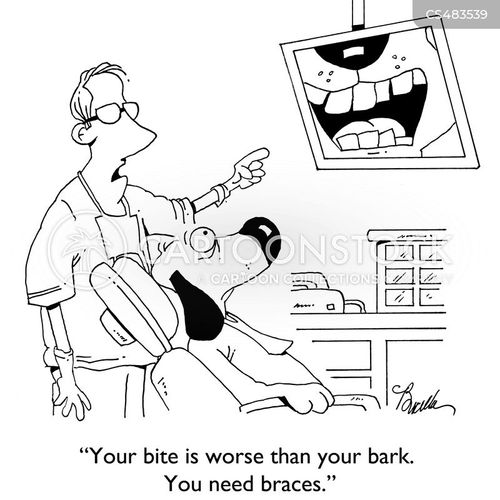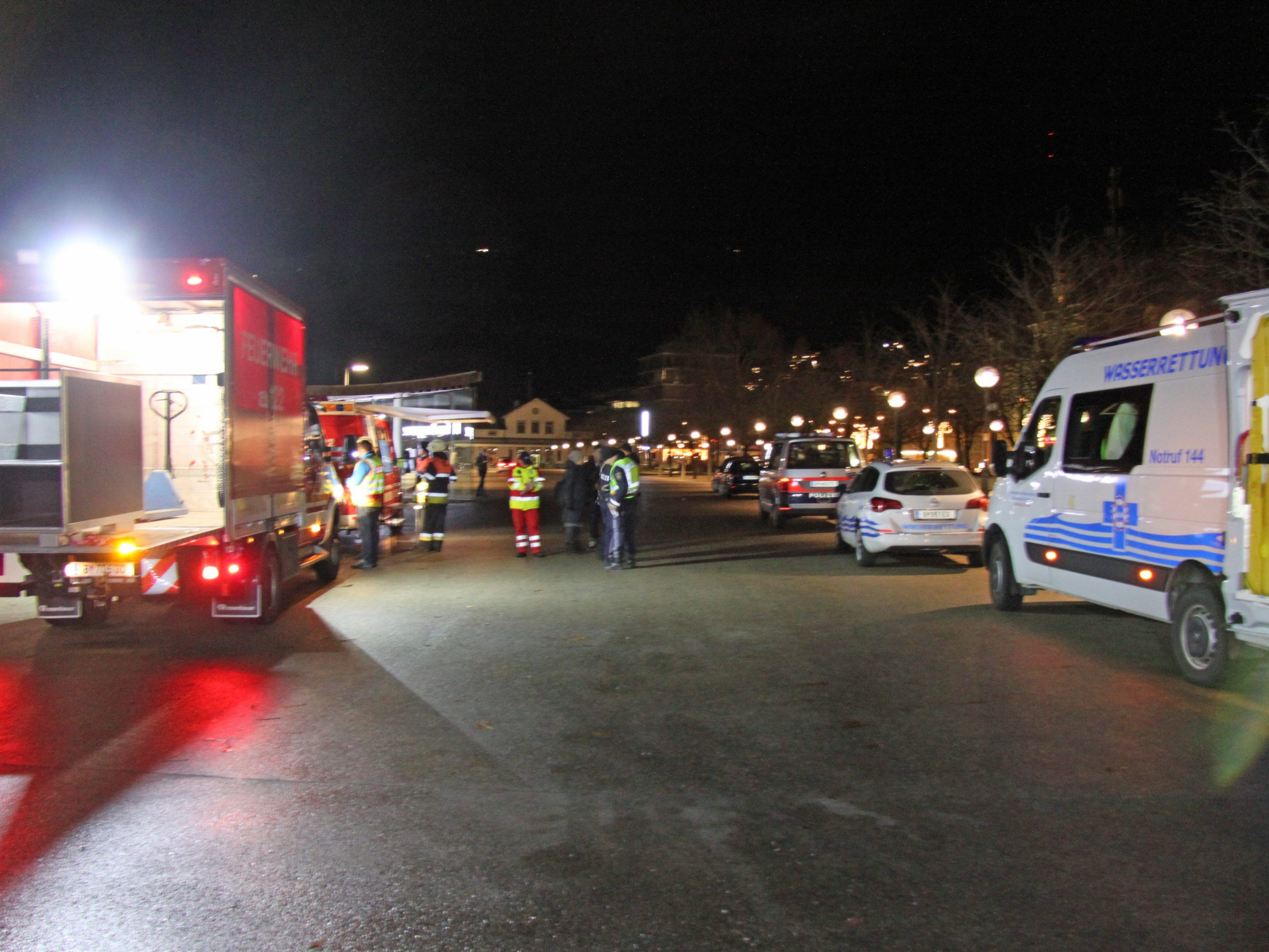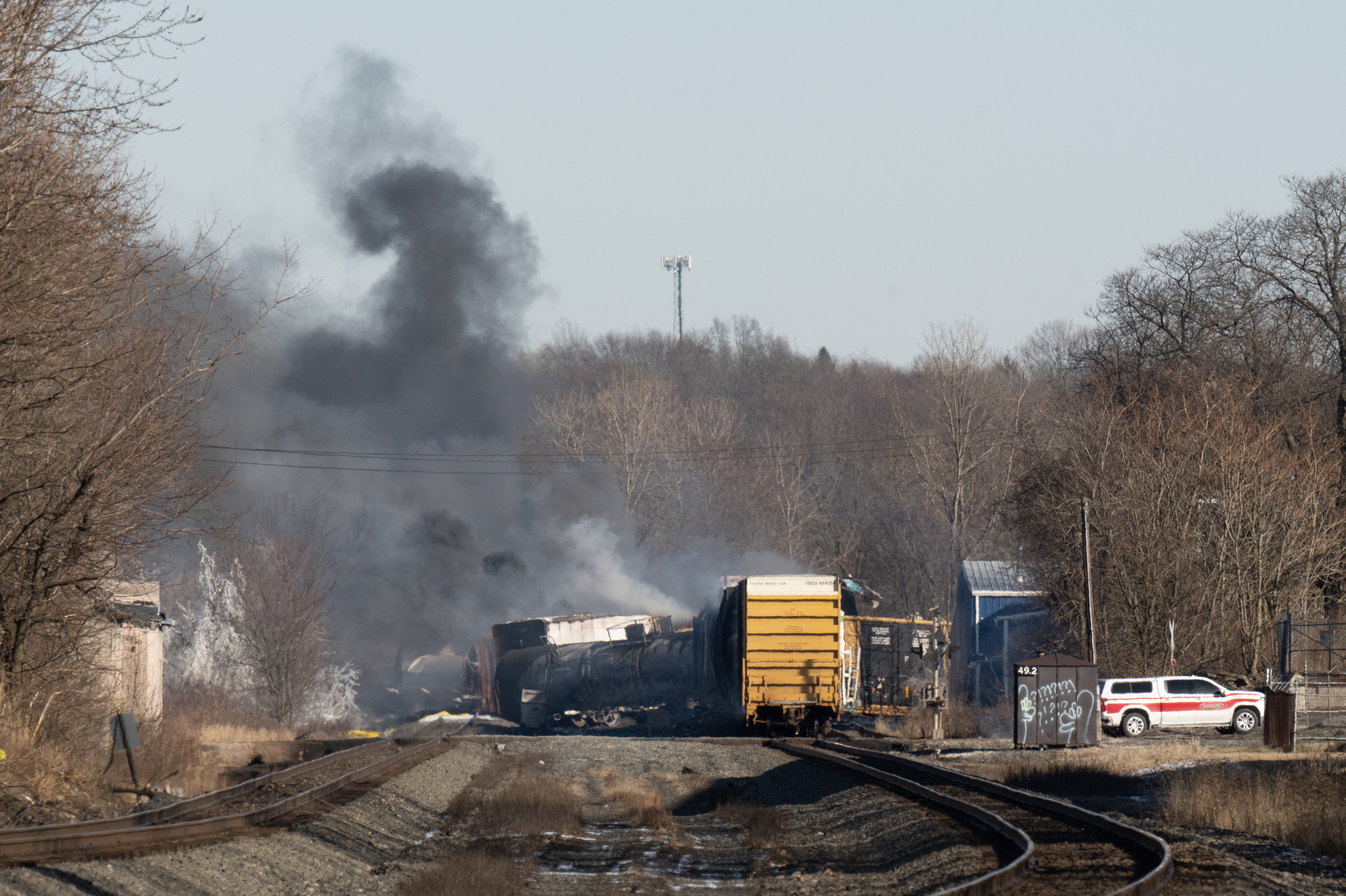Veterinary Watchdog Investigations: Bark Worse Than Bite?

Table of Contents
The Role of Veterinary Watchdog Organizations
Several organizations play a critical role in ensuring ethical and competent veterinary practice. These veterinary watchdog groups vary in their scope and powers, but their shared goal is to protect animal welfare and uphold professional standards. They encompass a range of entities:
- State Veterinary Licensing Boards: These governmental bodies regulate veterinary licensing, investigate complaints, and impose disciplinary actions, including license suspension or revocation. Their powers are defined by state law.
- Professional Veterinary Associations: Organizations like the American Veterinary Medical Association (AVMA) often have internal ethics committees that investigate complaints against their members and enforce their codes of conduct. While their sanctions might be less severe than those imposed by state boards, they carry significant reputational weight.
- Consumer Advocacy Groups: These groups champion animal rights and work to protect pet owners from negligent or unethical veterinary practices. They often act as advocates for consumers and can play a crucial role in bringing issues to the attention of regulatory bodies.
Examples of specific organizations and their jurisdictions:
- The California Veterinary Medical Board (California)
- The Texas Board of Veterinary Medical Examiners (Texas)
- The American Veterinary Medical Association (National)
- The Humane Society of the United States (National)
These organizations are instrumental in conducting animal cruelty investigations, enforcing professional standards, and ensuring compliance with veterinary licensing regulations. Their actions are vital to maintaining public trust in the veterinary profession.
The Investigation Process: From Complaint to Resolution
The process of a veterinary watchdog investigation typically follows several key stages:
- Complaint Filing: Pet owners or other concerned parties file formal complaints, detailing their concerns and providing supporting evidence.
- Initial Review: The watchdog organization reviews the complaint to determine if it warrants a full investigation.
- Investigation: Investigators gather evidence, interview witnesses (including veterinarians, veterinary staff, and clients), and review medical records. This stage is crucial, and the quality of evidence directly impacts the outcome.
- Findings: The investigators compile their findings, determining whether the complaint is substantiated.
- Disciplinary Actions (if applicable): Based on the findings, sanctions can range from a warning letter to license suspension or revocation, fines, or mandatory continuing education.
Common complaints leading to investigations:
- Veterinary malpractice (e.g., misdiagnosis, surgical errors)
- Negligence (e.g., failure to provide adequate care)
- Fraud (e.g., billing irregularities)
- Animal cruelty
Evidence collection is a crucial part of this process. This can include medical records, witness testimonies, photographs, and other documentation relevant to the allegations. However, gathering sufficient evidence can be challenging, particularly in cases involving complex medical issues.
Effectiveness and Limitations of Investigations
Assessing the effectiveness of veterinary watchdog investigations requires examining both successes and limitations. While many investigations lead to positive outcomes, improving animal welfare and patient safety, several factors can hinder their effectiveness:
- Resource limitations: Watchdog organizations often face budgetary constraints, impacting their ability to conduct thorough investigations and pursue every complaint.
- Bureaucratic processes: Navigating regulatory procedures can be time-consuming and complex, delaying investigations and potentially hindering outcomes.
- Potential conflicts of interest: Concerns can arise about impartiality, especially when professional associations investigate their own members.
Examples of challenges facing watchdog organizations:
- Shortage of investigators
- Backlog of complaints
- Difficulty obtaining evidence
- Lengthy legal processes
Improvements could involve increased funding, streamlined processes, and clearer guidelines for conflict-of-interest management. Improving veterinary oversight requires addressing these limitations.
Transparency and Public Accountability
Transparency in veterinary watchdog investigations is paramount for maintaining public trust. The accessibility of information to the public plays a vital role in ensuring accountability.
Strategies for improving transparency:
- Publishing summaries of investigation findings (while protecting patient privacy)
- Making complaint procedures readily available online
- Providing regular reports on the organization's activities and performance
The media's role in oversight is crucial. Journalistic investigations can uncover systemic issues and expose malpractice, helping to drive improvements in the system. Public access to information empowers pet owners and the public to make informed decisions and hold veterinary professionals accountable.
A Bite-Sized Summary and Call to Action
Effective veterinary watchdog investigations are essential for protecting animal welfare and maintaining public trust in the veterinary profession. While these investigations play a critical role, limitations such as resource constraints and bureaucratic processes can hinder their effectiveness. Increased transparency and public accountability are vital for ensuring that these processes function optimally and fulfill their intended purpose.
We urge readers to learn more about veterinary watchdog organizations in their area and report any suspected malpractice. Supporting efforts to strengthen veterinary oversight is crucial for ensuring the health and well-being of our animal companions. The ongoing need for effective veterinary watchdog investigations cannot be overstated—they are the cornerstone of a safe and ethical veterinary profession. Let's work together to ensure every animal receives the care it deserves.

Featured Posts
-
 Vermisste Person Im Bodensee Grosse Suchaktion In Bregenz
May 31, 2025
Vermisste Person Im Bodensee Grosse Suchaktion In Bregenz
May 31, 2025 -
 Los Angeles Wildfires And The Unethical Gambling Market
May 31, 2025
Los Angeles Wildfires And The Unethical Gambling Market
May 31, 2025 -
 Investigation Reveals Prolonged Presence Of Toxic Chemicals After Ohio Derailment
May 31, 2025
Investigation Reveals Prolonged Presence Of Toxic Chemicals After Ohio Derailment
May 31, 2025 -
 Receta Sencilla De Croque Monsieur Paso A Paso
May 31, 2025
Receta Sencilla De Croque Monsieur Paso A Paso
May 31, 2025 -
 Unusual Basement Find Baffles Plumber And Homeowner
May 31, 2025
Unusual Basement Find Baffles Plumber And Homeowner
May 31, 2025
